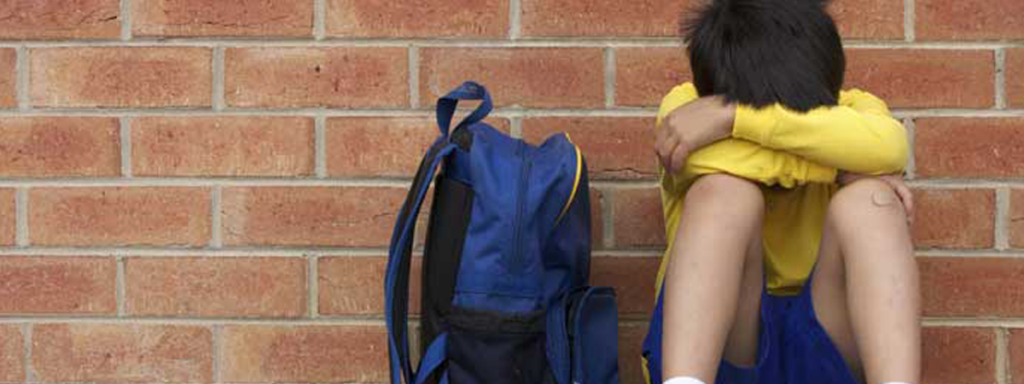Remember the death of teenager Dagmara Przybysz, who hanged herself in a school toilet after being repeatedly bullied in school? Dagmara faced racist taunts.’ She kept on hearing nasty comments, be it in the school corridor or even at the playground, which lead to her taking the drastic decision.
More recently, there was a video of a prominent South Delhi school hurling abuses and bullying a child. There were serious questions raised on the school’s involvement in bullying. These are some of the commonly reported incidents of child bullying.
A recent study by research agency IMRB and Parent Circle reveals that every third child in Indian schools is bullied. The pan-India study covered 2700 respondents, with parents and children in equal number.
Bullying is common but it is often unnoticed because parents fail to identify the signs of bullying. It is important to reach out to a child who is being victimised by aggressive peers, and help them deal with the problem without resorting to self-harm.
Most common forms of bullying happen around abusive texts or messages, verbal abuse about looks or being physically intimidated – pushing, shoving, hitting.
Common signs that your child is being bullied
- A child’s belongings like school bags, pencils, tiffin-boxes etc. are getting lost regularly or being damaged.
- Unexplained physical injuries on your child’s body, like bruises.
- The child is scared to go to school or feigns illness to skip school every morning.
- If the child is bullied in the school bus, he/she might want the parent to drop them to school or take a different route to reach school to avoid the bully.
- Falling grades in school.
- Asking for money without reason or even stealing from parent’s purses. It so happens that children are bullied into paying up. So, they are forced to resort to unfair means.
- You suddenly notice the child is behaving in a nervous manner, biting nails, fidgeting, losing confidence, or becoming withdrawn.
- Some young children bullied in class can have problems in eating or sleeping. Elder ones can get into depression.
- Sometimes a bullied child can turn aggressive and start bullying others.
If you have ascertained that your child is being bullied, take immediate action without appearing aggressive or panicking. You need to instil confidence in your child so that they can themselves tackle the bullies at school and face the challenges.
Treat your bullied child sensitively:
Parents and teachers must listen and respond to a bullied child without overreacting. A child follows a parent’s emotional lead, and the more outraged a parent looks, the more worried and ashamed they will feel.
Empower your child to stand up for himself:
Proper communication between a parent and a child can help liberate your child from fear. Do this by looping in other family members and also teachers and seniors in school.
Boost your child’s confidence:
Most young children think bullies are more powerful than them. So, they must be taught that bullies are weak and most vulnerable, hence they try to prove their superiority.
Contact the teacher and school:
It is extremely important that school authorities are notified about the bullying and every school these days have counsellors who will definitely help.
Give a matter of fact response:
Shame and embarrassment are powerful tools of bullies, so a matter-of-fact response towards a bullied child helps in making things normal.
Remember, it is important to restore your child’s self-confidence and ensure a healthy happy positive environment at home. Make sure your child is confident and secure enough to open up to you.







Subscribe to our newsletter
[contact-form-7 id="12706" title="Newsletter Form for post page"]Our Related Blogs
Winter’s in the air. Make a Khichdi of it!
Winter’s in the air. Make a Khichdi of it! With the northern winds playing a peek-a-boo on chilly mornings, it is time to keep your little ones warm with loads...
Who are those toys really for?
The more toys children own, the less they actually play with them. Three-year-old Nishant cannot stop talking about the fruits his uncle brought him when he came over to his...
What to look for in an after-school daycare program
Being a working parent is like being a superhero. Managing your responsibilities at work and a family at home tends to put you in auto-pilot mode. From carpooling with your...